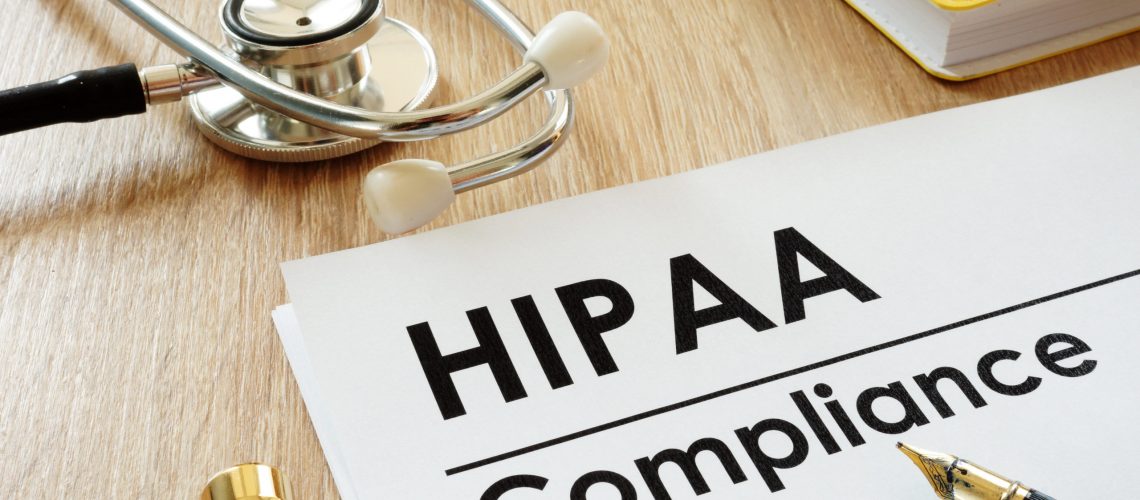A healthy patient-provider relationship that develops in the office can quickly be affected negatively if after the treatment the patient receives a medical bill that contains errors.To avoid this from happening, it is important that physicians and staff keep in mind the following common errors in medical bills that can hurt a good office-developed relationship.
1. Medical Code Mismatch
Any mismatch with your codes can cause rejection or denial of your patient’s medical claim. Healthcare in America reveals just how much these medical billing errors cost:
“Most patient billing errors happen due to technology or a staff member entering an incorrect diagnostic code onto the bill. This becomes more common on bills that total more than $10,000 or more. According to credit agency Equifax, those bills often come with errors totaling more than $1300.”
With a discrepancy amounting to more than $1300, there is no wonder your patient becomes dissatisfied. Thus, it is essential that your medical billers enter the right codes. Otherwise, be prepared to face the fury of your patient or the patient’s relatives.
2. Duplicate Medical Billing
As of July 2, 2018, all CMS-1500 hard copy claims should not have any duplicate ICD-10-CM diagnosis code within item 21. This is the directive issued by Medicare. Thus, any claims containing duplicate diagnosis codes will be returned as unprocessed by the Medicare Administrative Contractors (MACs) and the Durable Medical Equipment (DME).
With this being implemented, the frequency of duplicate medical billing is expected to decrease, if not eliminated. The outcome is a more satisfying patient experience.
3. Upcoding
In 2018, Prime Healthcare Services was charged $65 million to settle a federal whistleblower lawsuit that accused the fast-growing California hospital chain of engineering a wide-ranging Medicare fraud scheme. Included in this lawsuit is the issue of upcoding, a medical billing error wherein services are added to the patient’s medical bill even if these services are not executed.
Upcoding may happen for two reasons: accidentally or intentionally. Whatever reason it may be, any patient who sees unnecessary treatments included in their medical bill will most definitely direct anger towards your billing staff.
Therefore, always perform due diligence before issuing a medical bill. Double check the codes you have entered.
4. Incorrect Entry of Patient Information
Sometimes, it’s the small things that can be so annoying, such as a misspelled last name or incorrect policy ID number. These could have been easily checked to avoid any claim rejection or denial.
So, be extra careful and meticulously check all the information you’ve entered into your system. Not only will this save your practice time and money, but it will also free you from heaps of frustration due to increasing patient complaints.
Conclusion
Billing errors should hurt the provider-patient relationship. Ensure patients are well treated during and after check-in. Do so by handling their medical bills more efficiently through a skilled and reliable medical billing company. Learn more tips and advice related to medical billing and claims processing.
——————————————————
Photo courtesy of: Claim Care
Originally Published On: Claim Care
Follow Medical Coding Pro on Twitter: www.Twitter.com/CodingPro1
Like Us On Facebook: www.Facebook.com/MedicalCodingPro







